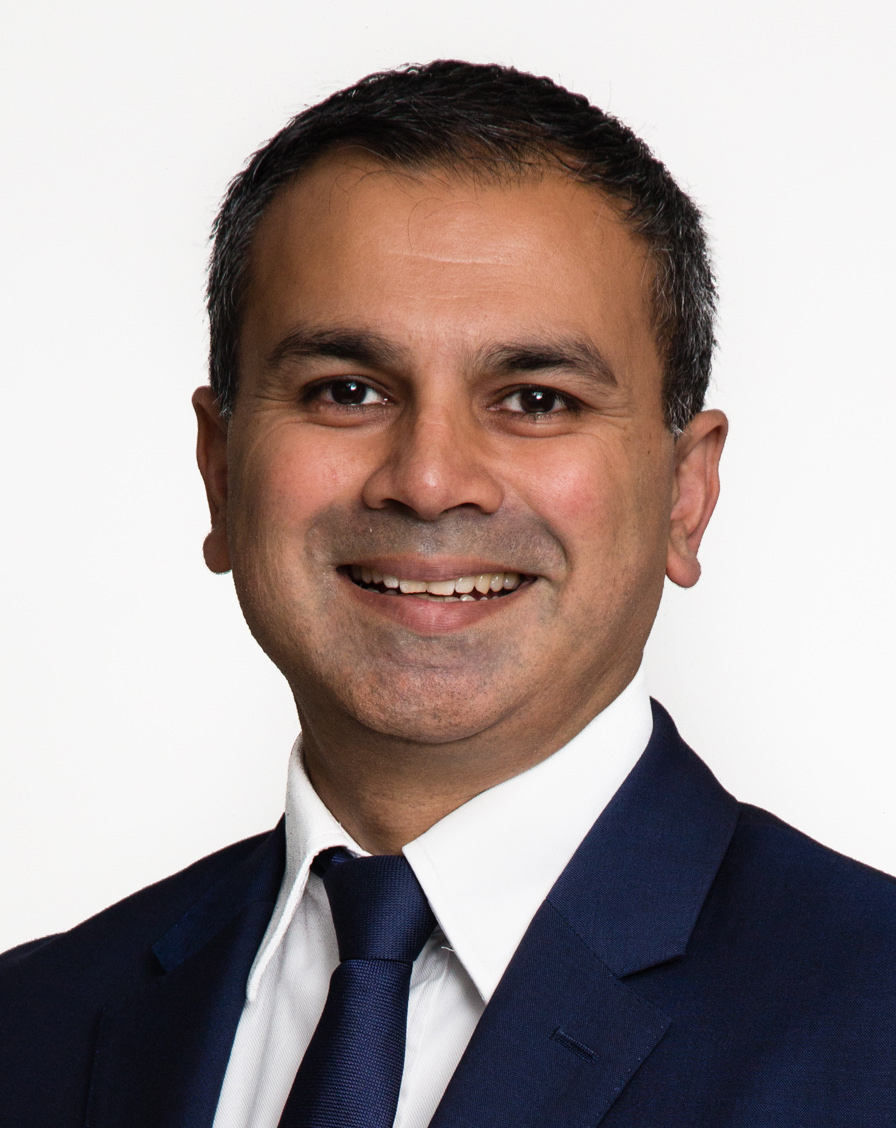
Despite election uncertainty, US credit spreads are at historic lows and there are better options available for fixed-income investors. Vivek Prabhu explains.
- US credit spreads at historic lows
- Australia RMBS, Euro banks offer better value
- Find out about Perpetual’s Credit and Fixed Income capabilities
US fixed income is looking expensive and investors should shift their focus to finding better value in Australian and European credit, says Perpetual portfolio manager Vivek Prabhu.
Credit spreads – the additional return over government bonds that compensate investors for taking on risk – have reached historic lows in the US as a strong economy and the prospect of falling interest rates drive demand for higher yields.
But despite the benign economic conditions, Prabhu says the market is overlooking important risks, led by uncertainty about the upcoming US election and the potential for inflationary policies from both candidates.
“I haven’t held any US banks in the portfolio for about 18 months now,” says Prabhu, who manages the Perpetual Diversified Income Fund, an actively-managed, diversified portfolio of floating-rate debt investments.
“That is not driven by any concerns around credit fundamentals – it’s just that I’m finding better risk-return propositions elsewhere.”
US election key to outlook
Prabhu says the US election outcome will likely dictate the path of both credit and equity markets over the coming months.
“A Trump clean sweep of the House and the Senate will likely be inflationary with tax cuts and tariffs. That means interest rates stay higher for longer, which is a headwind for risk assets.
“Having said that, if the Democrats get in, they also have some big spending policies.
“Deadlock might be the best outcome for markets – with neither side having a clean sweep of the Senate and the House.”
Opportunities in Australian mortgages
US uncertainty and tight valuations mean there are better options available in other markets, led by Australian residential mortgage-backed securities and European banks, says Prabhu.
Australian residential mortgage-backed securities (or RMBS) meet his definition of a high-quality asset.
By pooling together thousands of home loans, RMBS offer a way to capture returns from Australians' love of housing without lending directly to individual borrowers.
“I’m rotating into the high-quality end of the spectrum at this part of the credit and economic cycle. That’s where you’re currently being paid for risk.
“You’re not being paid enough for taking risk at the riskier end of the spectrum.
“RMBS have a very good track record in terms of performing. Even during the GFC and the pandemic, there weren’t any losses on Aussie-rated RMBS.
“It’s got a very good performance history, and the current conditions are supportive – people are able to service their mortgages because unemployment is very low, and interest rates are close to the peak of the cycle and likely to fall next year.”
Unusually strong property prices on the back of high immigration are also bolstering the investment case, says Prabhu.
“That means the collateral backing for these bonds, in terms of homeowners’ equity, is supportive as well.”
European banks attractive
Another attractive credit market at the moment is European banks, which are well regulated and look in much stronger shape than in the past, Prabhu says.
Regulators increasing bank capital and liquidity requirements in the wake of the GFC and a normalisation of interest rates over the last couple of years have contributed to improved bank profitability.
“I’ve got close to 30 per cent of my portfolio in foreign bonds, largely allocated to European credits which are still offering good value compared to the expensive US market.”
Bond market rollercoaster
Prabhu says fixed income investors should stay the course and not read too much into this year’s bond market gyrations.
“The whole year has been a bit of a rollercoaster in bond yields,” he says.
“At the start of the year, markets were pricing seven Fed rate cuts. By February it was four, and by March only one or two.
“Following the initial rate cut of 50 basis points by the Fed in mid-September, another 25-50bps of easing seems likely by the end of 2024.
“Australian and US bond yields have risen by about 70 basis points since then, returning to levels last seen six months ago in Australia and three months ago in the US.”
The upshot for investors? Don’t get too caught up in short term moves driven by hedge funds and traders, Prabhu argues.
“It feels like the market likes catching on to and then overreacting to whatever the current narrative is.
“It reads into every little nuance and has these wild swings which get traction for about a month until we find the next new theme, and then we go the other way.
“These gyrations are typical during inflexion points in the interest rate cycle.
“They provide opportunity for active managers like us to generate return as yields move from one extreme to the other while markets try to price the ultimate speed and magnitude of the rate-cutting cycle.”
About Vivek Prabhu and Perpetual’s Credit and Fixed Income team
Vivek is Perpetual’s head of fixed income. He joined Perpetual in 2004 and has more than 30 years of experience in accounting, finance, investments, governance and risk management. He has managed multi-billion-dollar fixed income, credit and currency portfolios and his role involves credit analysis, trade execution and portfolio construction.
Perpetual offers a range of cash, credit and fixed-income solutions and are specialists in investing in quality debt.
We take a highly active approach to buying and selling credit and fixed income securities and invest extensively across industries, maturities and the capital structure.
Find out more about Perpetual’s Credit and Fixed Income capabilities
Want to find out more? Contact a Perpetual account manager

